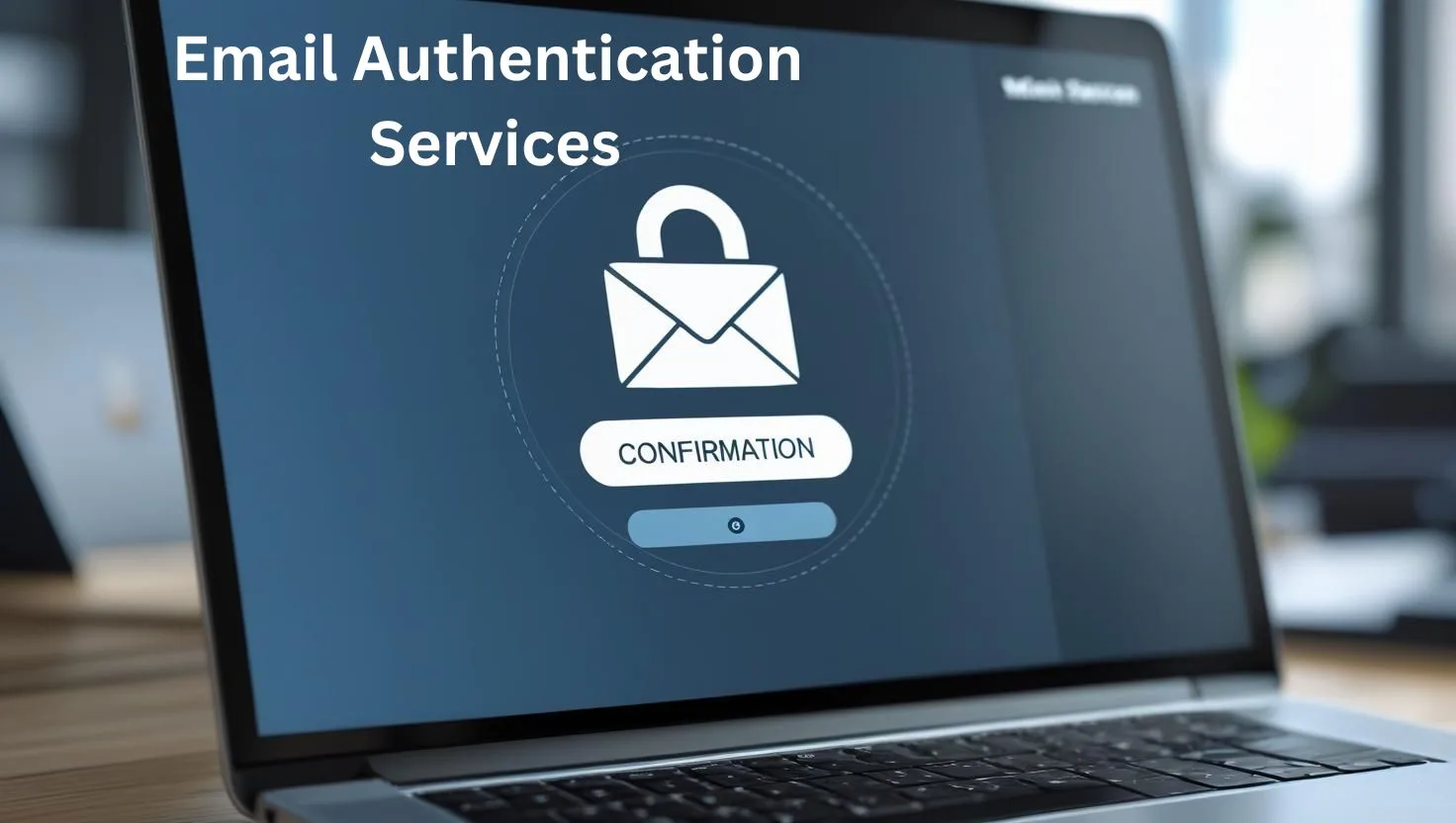
In the age of digital communication, CRM email authentication is no longer optional it’s essential. Businesses using CRM systems to engage with their customers rely heavily on email for marketing, sales, and support. However, without proper authentication of email for CRM, your messages may end up in spam folders, or worse be used in spoofing attacks.
At VA Maters, we specialize in providing comprehensive email authentication solutions that ensure your emails are delivered securely and reliably, building trust with every message
When using a CRM platform like GHL, HubSpot, Salesforce, or Zoho, you’re likely sending high volumes of email from newsletters to follow-ups and reminders. Without secure CRM email practices in place, those emails may be marked as suspicious by email providers.
Authentication of Email helps verify that the sender is who they claim to be. This protects your brand and boosts CRM email deliverability increasing the likelihood that your recipients will actually see your messages.
Email authentication is a set of technical methods used to verify that an email message is from a legitimate source. The three main protocols used are:
SPF (Sender Policy Framework): Confirms that a CRM email server is authorized to send on behalf of your domain.
DKIM (DomainKeys Identified Mail): Adds a digital signature to your emails to prove they weren’t altered in transit.
DMARC (Domain-based Message Authentication, Reporting & Conformance): Ties SPF and DKIM together to tell receiving servers how to handle unauthenticated messages.
These protocols are key to preventing email spoofing in CRM systems, which can seriously damage your sender reputation.
At VA Maters, we guide clients through setting up SPF, DKIM, and DMARC for CRM emails, ensuring their domain is fully protected and trusted by email providers like Gmail, Outlook, and Yahoo.
Domain Assessment: We evaluate your existing DNS records and CRM email setup.
SPF Implementation: We define authorized mail servers for your CRM.
DKIM Configuration: We help generate and publish the required keys.
DMARC Policy Setup: We implement policies to monitor, quarantine, or reject unauthenticated emails.
With CRM email security configuration in place, your business can confidently communicate without the fear of being marked as spam or phishing.
Improperly configured CRM systems often suffer from poor email performance. CRM email authentication improves deliverability by:
Reducing bounce rates
Increasing inbox placement
Building trust with ISPs and recipients
Boosting engagement with your audience
For businesses struggling with email marketing results, this is one of the most effective email deliverability tips for CRM users.
To make the most of your email authentication setup, follow these tips:
Use CRM platforms with built-in email authentication support, like GHL, HubSpot or Salesforce.
Regularly monitor your DMARC reports for unauthorized activity.
Avoid using free email domains (like Gmail) for business communications.
Ensure your marketing team understands the basics of anti-spam email techniques.
VA Maters not only sets up your email protocols but also trains your team to maintain them providing long-term value.
Not all CRMs handle email the same way. Some CRM platforms with built-in email authentication make setup easier. Here are a few examples:
HubSpot CRM: Offers DKIM support and SPF alignment out-of-the-box.
Salesforce: Allows you to configure custom domains with full SPF/DKIM support.
Zoho CRM: Provides tools to manage authentication from within the platform.
Still, even these platforms need expert configuration for maximum protection. That’s where VA Maters comes in.
Today, email authentication is also about compliance. Regulations like GDPR and CAN-SPAM require transparency in communication. Proper CRM and domain authentication practices help you stay compliant and demonstrate that you’re serious about data security.
Plus, authenticated emails show important email trust signals a critical factor in whether your messages are opened or ignored.
VA Maters brings deep technical knowledge, personalized support, and proven results. We help businesses of all sizes from startups to enterprises avoid spam folders with authenticated CRM emails and improve their overall communication strategy.
When you work with us, you get:
A full audit of your CRM’s email settings
Custom SPF, DKIM, and DMARC configuration
Ongoing monitoring and reporting
Staff training and support
We don’t just set it and forget it we ensure your CRM email validation remains effective as your business evolves.
If you’re serious about protecting your email reputation and getting your CRM messages seen, it’s time to invest in email authentications by VA Maters. Our experts will secure your domain, enhance your deliverability, and give your business the professional edge it deserves.
Contact us today for a free consultation and find out how we can help you secure CRM email communications.
Email authentication for CRM is more than a technical checkbox it’s a business-critical function that impacts trust, deliverability, and compliance. With VA Maters, you can rest easy knowing your CRM emails are protected, authenticated, and effective.